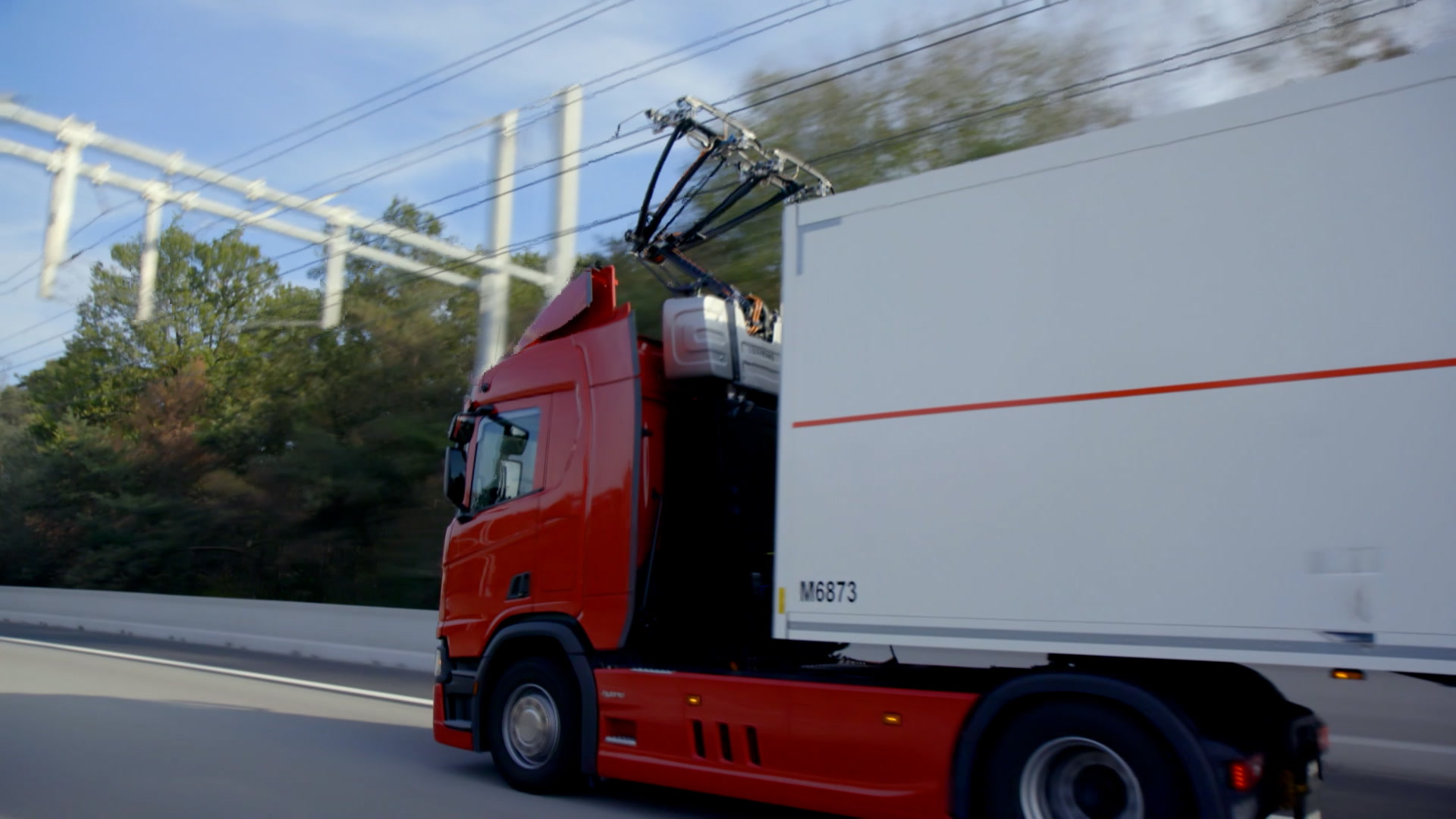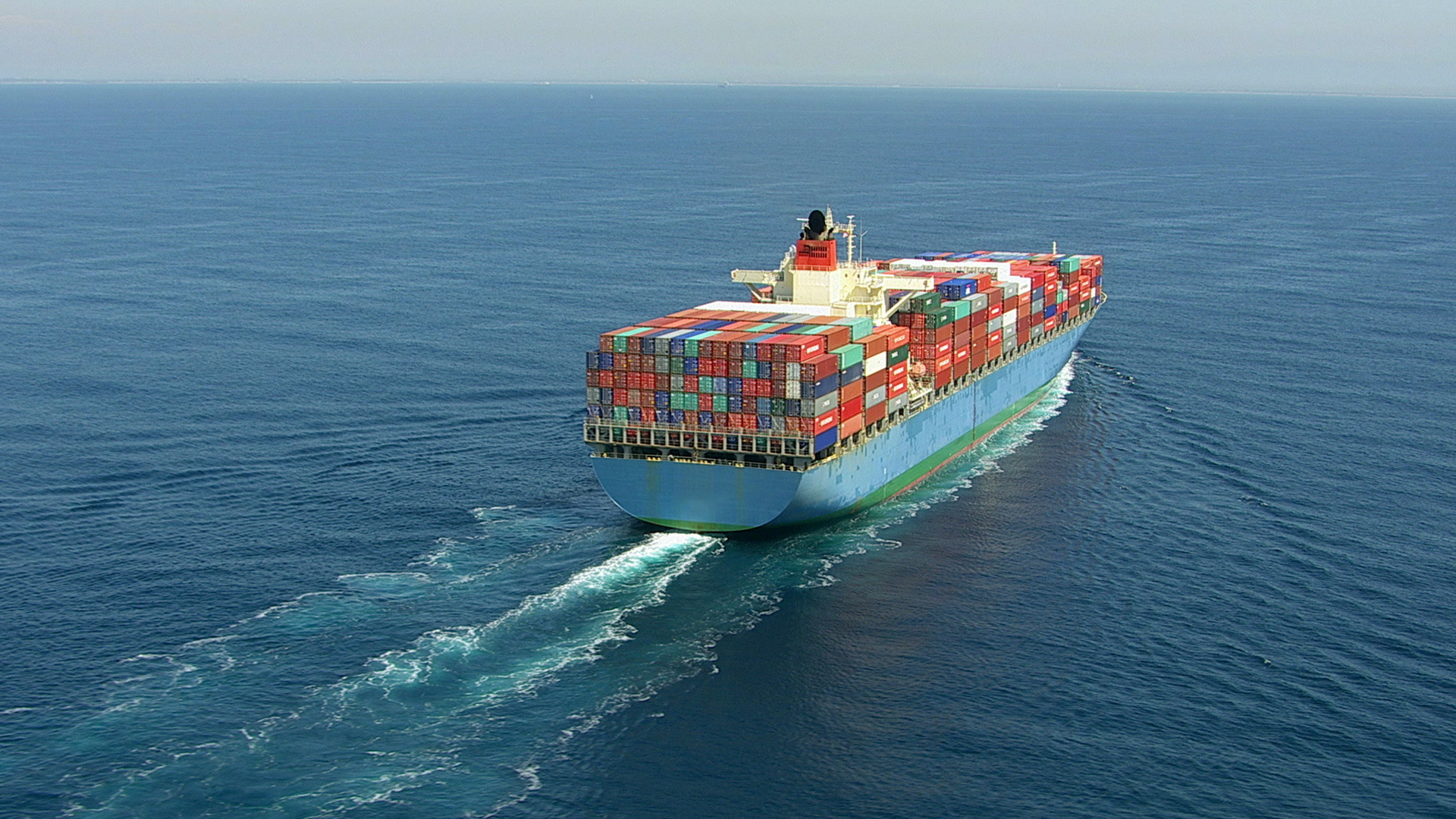4 supersmart ways technology is changing your commute

Gear change ... you may never be stuck in traffic again Image: Mark Asthoff

Get involved with our crowdsourced digital platform to deliver impact at scale
Stay up to date:
Innovation
Have you spent another morning packed, sardine-like, into a train carriage? Or tapping your steering wheel in yet another endless traffic jam?
Well, the tech world has got your back, and some seriously smart people are working on changing how we travel. Whether it’s a floating pod faster than a plane, or a driverless passenger drone, these innovations could change your commute.
Hyperloop
This one you’ve probably already heard of.
Elon Musk first floated the idea in 2013. The technology involves levitating pods or vehicles propelled by electric motors, all at high speed.
Since then, companies have taken the initiative and grabbed the pod by the horns. Hyperloop One is planning a high-speed route between Dubai and Abu Dhabi – with further projects in four other countries, according to their website.
Meanwhile another company, Hyperloop Transportation Technologies, is planning European routes. The company will develop and test "hyperloop-related" technologies in Toulouse. It’s also exploring the potential of connecting Brno, in the Czech Republich, and Bratislava, in Slovakia.
Going underground
A London architecture firm, PLP, has a plan to cut congestion on the roads of Britain’s capital. It will see cars taken underground, and transported on automated belts – imagine an airport’s rolling walkway, but for cars.
It’s nothing more than a concept at the moment, but CarTube could one day see London’s streets transformed.
Lars Hesselgren, PLP's director of research, told Business Insider it could cut an hour’s commute down to around 15 minutes.

There are doubts about the viability of the scheme, though. Finding space in the labyrinth of tunnels under London’s streets will pose a challenge. Another concern is whether it’s cost-effective compared with investing in existing infrastructure.

Passenger drones
Several firms are developing passenger drones, but in Dubai they could soon be available for anyone to use.
In February, the BBC reported on the city’s plans to launch passenger drones. Scheduled to take off in July, the Chinese single-seater drone has already undergone testing.
The eHang 184 will fly without human intervention, beyond the passenger using a touchscreen to select their destination.
A wind-powered train
OK, this train doesn’t have sails, but since January all Dutch electric trains have been running on wind energy.
Around 600,000 passengers a day now travel on wind-powered trains, according to the national railway company NS, and electricity company Eneco.
Although not quite as glamorous as the hyperloop or passenger drones, the project highlights the global effort to make transport more sustainable and environmentally friendly.
Whether it’s Dutch trains, or electric cars in Norway, commutes are getting greener. Transport for London plans to introduce 3,000 ultra-low-emission versions of the city’s iconic double-decker bus by 2019.
Don't miss any update on this topic
Create a free account and access your personalized content collection with our latest publications and analyses.
License and Republishing
World Economic Forum articles may be republished in accordance with the Creative Commons Attribution-NonCommercial-NoDerivatives 4.0 International Public License, and in accordance with our Terms of Use.
The views expressed in this article are those of the author alone and not the World Economic Forum.
Related topics:
The Agenda Weekly
A weekly update of the most important issues driving the global agenda
You can unsubscribe at any time using the link in our emails. For more details, review our privacy policy.
More on Supply Chains and TransportationSee all
Nick Pickens and Julian Kettle
April 22, 2024
Rida Tahir
April 9, 2024
Kimberley Botwright and Spencer Feingold
March 27, 2024
Andrea Willige
March 19, 2024






